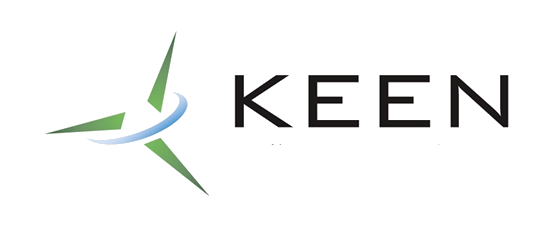LEED Certification Requirements: Evaluating Building Sustainability
The LEED rating system is the global standard for evaluating sustainable development projects. LEED-certified projects must meet several requirements, including building efficiency, sustainable building practices, and other consideration categories, and be included in a tiered approval structure.
What Is LEED Certification?
LEED stands for Leadership in Energy and Environmental Design. The LEED program is run by the US Green Building Council but has had international reach. Now in its fifth version, you’ll find LEED-certified buildings in 186 countries and territories and nearly 200,000 projects worldwide.
Green building certification through LEED has immediate and long-term benefits for owners and developers. The USBC, local, state, and federal governments typically base tax incentives, grants, and rebates on the various LEED certification levels, lowering project costs in the near term. LEED buildings have lower operating costs, exceptional energy efficiency and usually require fewer repairs, making certification a smart long-term investment.
The LEED Categories and Projects
LEED is a flexible framework with unique requirements for various building types and specific construction phases. This comprehensive system enables more projects to seek, gain, and enjoy the benefits of LEED certification while tailoring particular considerations for different projects, such as:
Building Design and Construction (BD+C)
Interior Design and Construction (ID+C)
Neighborhood Development (ND)
Residential construction (Home)
And more
LEED Standards
Additionally, each project type is further divided into four categories based on qualifying points. Points vary based on project category and are awarded during the in-depth verification and review process.
LEED Certified - 40-49 points
LEED Silver - 50-59 points
LEED Gold - 60-69 points
LEED Platinum - 80+ points
Is LEED Certification Worth the Investment?
Absolutely! Certified projects have an immediate and lasting appeal to prospective owners and occupants. LEED buildings have:
Higher rents than non-certified buildings
Lower vacancies rates
Happier occupant satisfaction
Healthy air quality
Lower carbon impact
Get Ready to LEED with Keen Technical Solutions
Keen Technical Solutions is an experienced LEED contractor with the experience and resources to ensure LEED certification and realize its many benefits. For over a decade, we’ve helped property owners discover financial incentives that make building design and construction more accessible and profitable. Start your project with us; speak with a Keen representative today.

